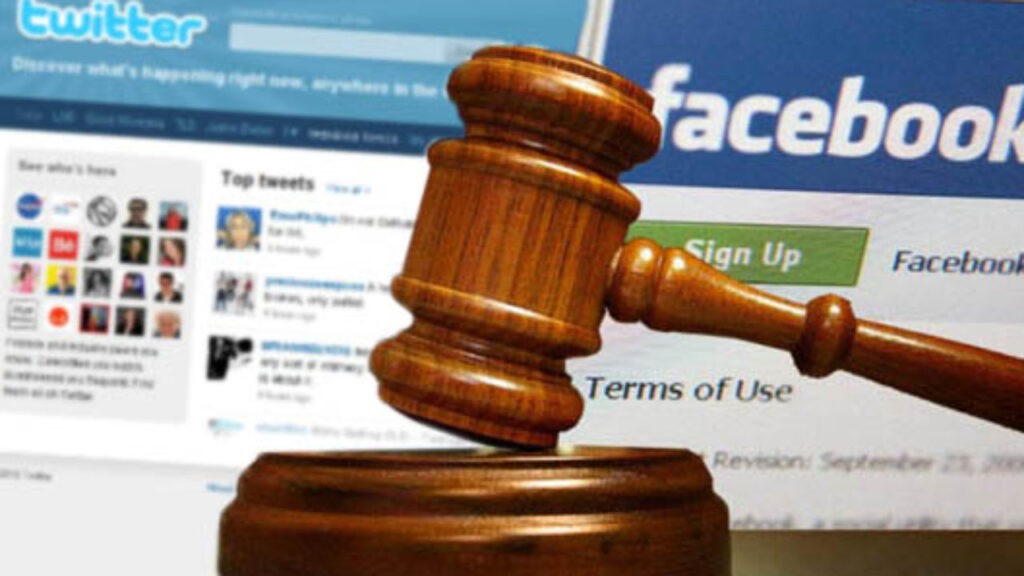SOCIAL MEDIA LAWS AND ITS IMPLICATIONS
Social media laws are legal guidelines and regulations that govern the use of social media platforms by individuals, businesses, and governments. The implications of social media laws can be significant, affecting freedom of speech, privacy, and the ability to communicate and conduct business online.
Social media laws refer to the regulations and rules that govern the use and operation of social media platforms. The implications of social media laws can be far-reaching, as they impact how individuals and businesses use social media, as well as how social media companies operate.
One of the primary implications of social media laws is the protection of user privacy. Social media platforms collect a vast amount of data about their users, and laws like the General Data Protection Regulation (GDPR) in the European Union aim to give users control over their personal data. This means that social media companies must be transparent about what data they collect and how they use it, and users must be able to access, correct, and delete their data.
Another implication of social media laws is the responsibility of social media platforms to combat hate speech, fake news, and other harmful content. Many countries have laws in place that require social media companies to remove content that is illegal or violates community standards. In addition, social media companies are increasingly held liable for the content that is posted on their platforms, which has led to increased efforts to moderate content.
Social media laws can also impact businesses that use social media for marketing and advertising. Laws like the Federal Trade Commission’s (FTC) guidelines on influencer marketing require influencers and businesses to disclose sponsored content, and failure to do so can result in fines and other penalties.
Overall, social media laws play an important role in shaping how social media is used and operated. They can help protect user privacy, combat harmful content, and ensure that businesses are using social media in a responsible and ethical manner. However, the implementation of these laws can be challenging, and there is often a delicate balance between protecting users and preserving free speech and innovation on social media platforms.
Some common social media laws and their implications include:
- Data privacy laws: These laws regulate the collection, storage, and use of personal data by social media platforms. They may require social media companies to obtain user consent before collecting data, or to disclose how user data is being used. The implications of data privacy laws are that they help protect user privacy and prevent the misuse of personal data by social media companies.
- Hate speech laws: These laws prohibit the use of social media platforms to promote hate speech, which is defined as speech that attacks or dehumanizes a particular group of people based on their race, religion, or other characteristics. The implications of hate speech laws are that they can help prevent discrimination and hate crimes, but they may also limit freedom of speech.
- Cyberbullying laws: These laws prohibit the use of social media platforms to bully, harass, or intimidate others. The implications of cyberbullying laws are that they can help protect individuals from online abuse and promote a safer online environment.
- Copyright laws: These laws regulate the use of copyrighted material on social media platforms, such as music, videos, and images. The implications of copyright laws are that they help protect the intellectual property rights of creators and prevent the unauthorized use of copyrighted material.
Overall, social media laws have both positive and negative implications. While they can help protect individuals and promote a safer online environment, they may also limit freedom of speech and the ability to conduct business online. It is important for social media users, businesses, and governments to understand and comply with social media laws to ensure that they are using these platforms responsibly and legally.




